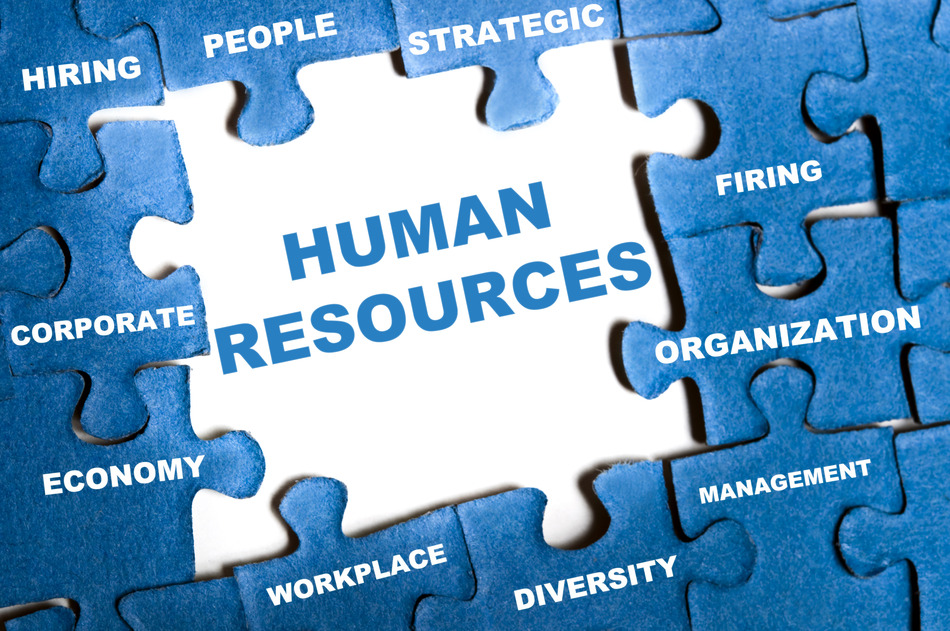Factors affecting approaches to international human resource management (IHRM) are discussed below:
While these attitudes have been a useful way of demonstrating the various approaches to staffing foreign operations, it should be stressed that the above categories refer to managerial attitudes that reflect the socio-cultural environment in which the internationalising firm is embedded. A number of factors influence the IHRM approach taken by an MNC.
These include the level of international experience of the firm, the method by which worldwide subsidiaries are founded, the technology and the nature of the product or products of the MNC, etc.
Factors
1. The nature of IHRM may be restricted by government policies and legal regulations in the host country.
This is especially felt in developing countries, where management and technical training within the host country’s educational system is rudimentary and the local government views the presence of MNCs as a means of developing local expertise.
2. Culture, particularly national culture at the headquarters, plays a role in determining IHRM practices. Culture may affect HQ decisions in two ways:
(a) Some cultures are simply more comfortable than others in taking an ethnocentric approach to management.
ADVERTISEMENTS:
(b) The mix of cultures in the subsidiaries of an MNC and the level of cultural difference among the subsidiaries of an MNC will restrict the IHRM approach taken.
3. MNCs with extensive international experience have had the opportunity to develop more diverse methods of maintaining coordination and control over their foreign operations.
4. The method used to establish operations in foreign locations may also affect HR policies. For example, HR practises in the acquired/ merged operation will reduce the wholesale exportation of home-country HR systems into the subsidiary.
5. An MNC opening subsidiaries in developed countries face a much different I HRM challenge than one opening subsidiaries in developing countries. Developed countries have well educated staff having technical and management experience.
ADVERTISEMENTS:
Therefore, there is the opportunity to develop polycentric or geocentric IHRM strategies. Whereas in developing countries a more centralised IHRM strategy is necessary.
For technologically sophisticated products, or services, the need to maintain specific production standards and quality controls necessitates a greater degree of centralisation of IHRM functions at the MNCs headquarters. Whereas in some products like food items, the host-country tastes have to be looked into to succeed in the local market.

